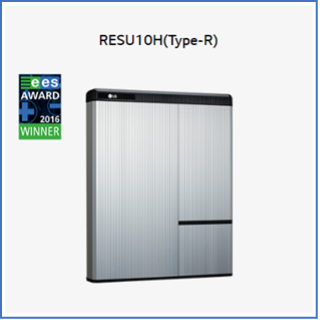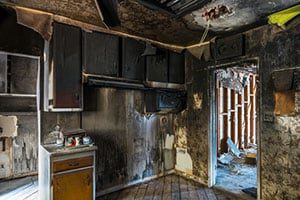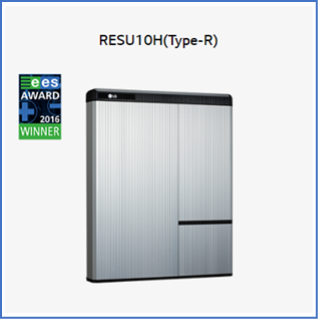Sanwizard
Solar Wizard
- Joined
- Feb 2, 2021
- Messages
- 2,718
Yup. Thats why all my solar panels are on out buildings, and the inverters are mounted outside on cement board, with metal screening for a bit of EMP protection.Pretty much rules out at least half the electrical on Amazon
The batteries are mounted in a DIY Unistrut frame, inside a water resistant covering, since they are also outside the house and exposed to rain and storms. I built a covered roof with cinder block foundation for the structure.
I dont think DIY Seplos Mason batteries will ever be UL approved, so I took precautions. I did have an electrician review my work, and the AC side was all permited and inspected. The town has no knowledge, procedures, codes or permits on batteries yet. I wonder when that will start? In any case, it seems my DIY batteries are probably safer than the LG batteries mentioned above!






